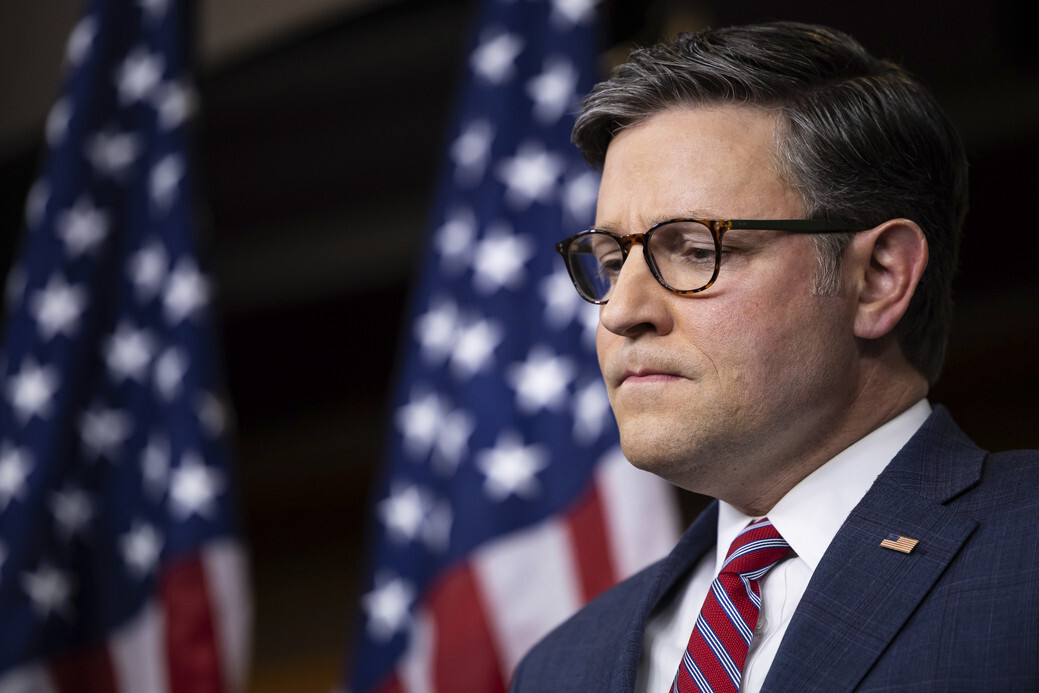The White House is currently working with Democratic leaders in Congress to push for a short-term spending bill that would fund the government through mid-December, according to Axios. This strategy is aimed at countering the House Republicans’ push for a six-month funding bill.
By proposing a three-month extension, the Biden administration seeks to set the terms for the ongoing spending debate and address the impasse over government funding.
The need for an agreement is pressing because, without one, the federal government risks shutting down in early October, just weeks before the upcoming Election Day.
The December deadline proposed by Democrats would require Congress to return for a lame-duck session, a period when the control of government branches would be clearer with the new Congress beginning on January 3 and the new president being inaugurated on January 20.

Last week, White House officials held separate talks with Senate Majority Leader Chuck Schumer and House Minority Leader Hakeem Jeffries to coordinate their approach.
The White House team, including Chief of Staff Jeff Zients and OMB Director Shalanda Young, aims to present a unified front with congressional Democrats to confront the House Republicans’ plan, which also includes a measure requiring proof of citizenship for voting.
This week, the White House plans to highlight the potential negative impacts of the six-month continuing resolution on national security, military readiness, and other priorities. Additionally, a six-month extension would set up a major spending battle before March 31, just before the April 30 deadline for the Fiscal Responsibility Act, which could lead to automatic spending cuts affecting multiple sectors.
The ongoing debate reflects a broader issue of frequent year-end funding crises in modern politics. Conservative Republicans are prepared for a potential government shutdown or to use it as leverage, while more moderate Republicans worry about voter backlash.
Democrats argue that preventing a shutdown requires bipartisan efforts and are committed to avoiding proposals with controversial conditions that could endanger essential programs.


